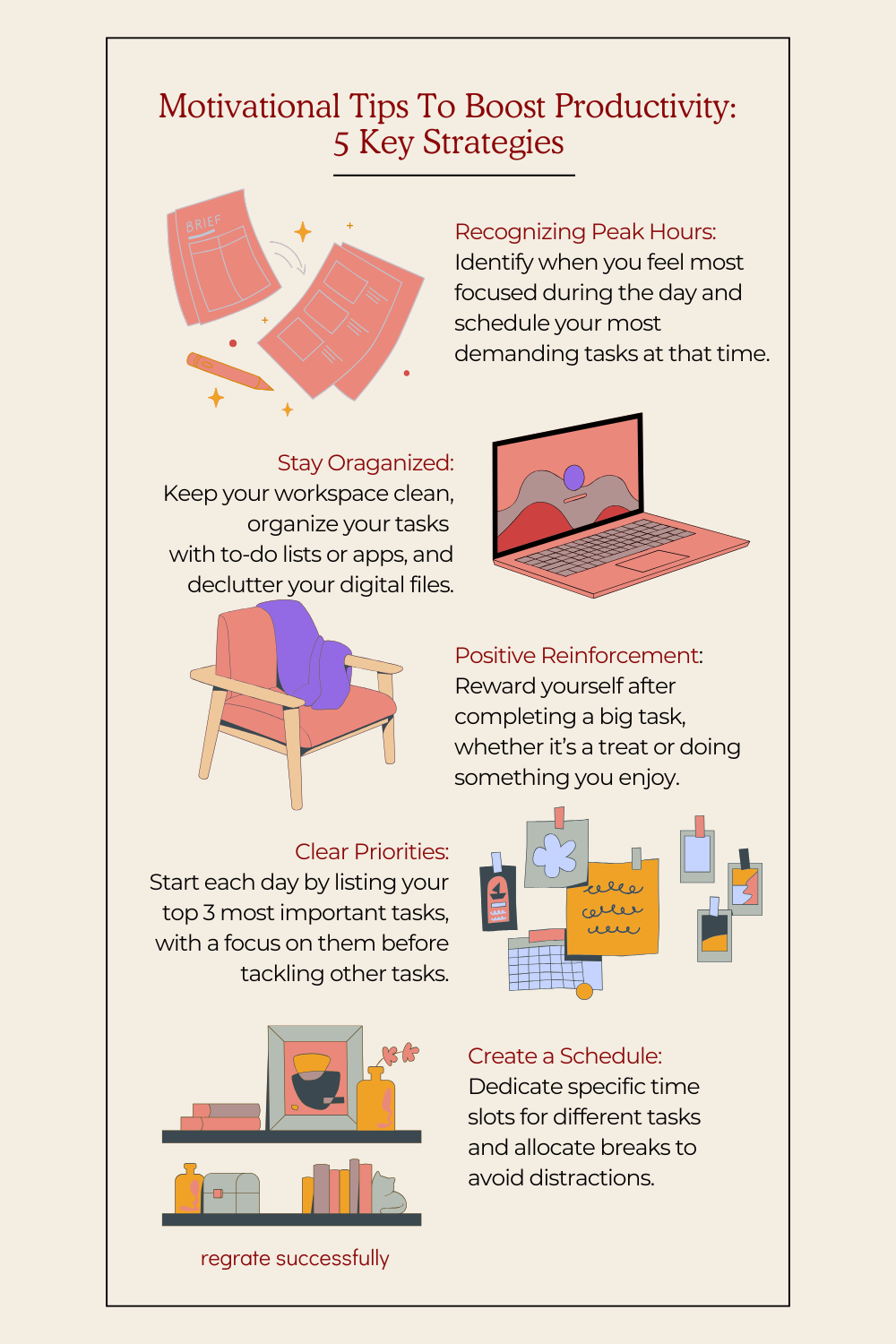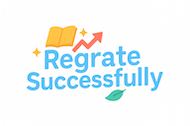Master Your Mind: 10 Powerful Study Strategies to Boost Focus, Retention, and Motivation

Are you tired of feeling overwhelmed every time you sit down to study?
You're not alone.
Studying effectively isn’t about working harder—it’s about working smarter.
Whether you're preparing for exams, learning a new skill, or tackling professional certifications, these 15 proven strategies will help you boost productivity, retain more information, and stay motivated from start to finish.
1.Set Clear Goals and Define Each Session’s Purpose
Start with clarity. Know your long-term goals and break them down into specific targets for each study session. This gives you focus, direction, and a sense of progress.2. Break Big Goals into Smaller, Manageable Tasks
Massive goals can be intimidating. Break them into bite-sized tasks that feel doable, and check them off one by one to build momentum.3. Plan Your Study Schedule in Advance
A plan keeps chaos at bay. Set aside specific times each day or week for studying, and stick to them like important appointments.4. Allocate Time for Different Subjects or Topics
Avoid burnout by rotating topics. Set time blocks to cover a variety of subjects to keep your mind fresh and avoid tunnel vision.
5. Study in Focused Intervals (Pomodoro Technique)
Use the Pomodoro technique—study for 25 minutes, break for 5. It sharpens focus, prevents fatigue, and helps you retain more information.6. Choose a Distraction-Free Environment
Find your optimal study zone—quiet, comfortable, and well-lit. Turn off notifications and eliminate anything that might steal your focus.
7. Keep Notes and Materials Organized
Clutter creates stress. Use folders, binders, or digital tools to keep your study space and resources neat and easy to access.8. Reward Yourself to Stay Motivated
ncentivize progress with small rewards. A coffee break, an episode of your favorite show, or a quick walk can keep your energy and enthusiasm high.
9. Use Flashcards and Mind Maps
Active learning beats passive reading. Use flashcards to test your recall and mind maps to visually connect complex concepts.10. Teach Someone Else
Explaining what you’ve learned to someone else is one of the best ways to reinforce your knowledge and identify weak spots.
"You’ve got to get up every morning with determination if you’re going to go to bed with satisfaction."








